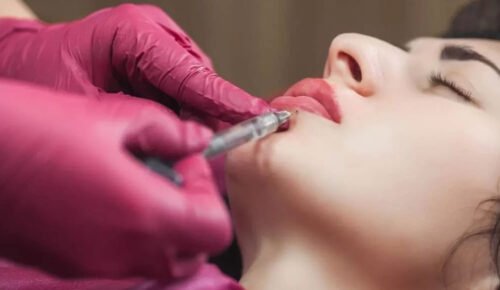Addressing the impact of addiction on self-esteem and self-worth is a critical component of effective addiction treatment. While detoxification and managing physical withdrawal symptoms are essential steps in the recovery process, long-term sobriety often hinges on healing the psychological wounds that contribute to addiction.
Therapeutic Interventions
One of the most effective ways to rebuild self-esteem and self-worth during addiction treatment is through therapeutic interventions. Cognitive-behavioral therapy (CBT) is particularly effective in helping individuals identify and challenge the negative thought patterns that underlie low self-esteem. By reframing these thoughts and developing healthier, more constructive ways of thinking, individuals can begin to rebuild their self-esteem and view themselves in a more positive light.
In addition to CBT, therapies that focus on self-compassion, such as mindfulness-based cognitive therapy (MBCT) and dialectical behavior therapy (DBT), can help individuals cultivate a kinder and more accepting attitude toward themselves. These therapies encourage individuals to treat themselves with the same understanding and compassion they would offer to a loved one, helping to counteract the harsh self-criticism that often accompanies addiction.
Building a Supportive Environment
Social support plays a crucial role in rebuilding self-esteem and self-worth. Surrounding oneself with supportive, non-judgmental people who encourage and reinforce positive behaviors can help individuals in recovery feel valued and understood. Support groups, such as Alcoholics Anonymous (AA) or Narcotics Anonymous (NA), provide a community of individuals who share similar experiences and struggles, offering both encouragement and accountability.
Family therapy can also be beneficial, particularly in repairing relationships that may have been damaged by addiction. When family members are involved in the recovery process, they can help rebuild trust, offer emotional support, and contribute to a more positive sense of self for the individual in recovery.
Setting and Achieving Goals
Setting and achieving small, realistic goals can be an effective way to rebuild self-esteem during addiction treatment. These goals can range from daily tasks, such as maintaining sobriety or attending therapy sessions, to longer-term objectives, such as finding employment or repairing relationships. Achieving these goals provides a sense of accomplishment and reinforces the individual’s ability to effect positive change in their life.
As individuals in recovery begin to see their progress, they can start to rebuild their self-worth, recognizing that they are capable of growth and deserving of a better future. Celebrating these achievements, no matter how small, is important in reinforcing positive self-perception.
Developing Healthy Coping Mechanisms
Part of rebuilding self-esteem and self-worth involves developing healthy coping mechanisms that do not rely on substances. Engaging in activities that promote well-being, such as regular exercise, creative expression, or volunteer work, can help individuals rediscover their interests and talents, contributing to a more positive self-image.
Learning to cope with stress, disappointment, and other challenges in healthy ways also reinforces the individual’s sense of control over their life. As they gain confidence in their ability to navigate life’s ups and downs without turning to substances, their self-esteem and self-worth are likely to improve.
Therapeutic interventions, supportive environments, goal-setting, and the development of healthy coping mechanisms are all critical components of this process. By focusing on healing the emotional and mental wounds that accompany addiction, individuals can break free from the cycle of addiction and build a healthier, more fulfilling life.


















